Wrong is one of those concepts that depends on witnesses

Wrong is one of those concepts that depends on witnesses
Scott Adams, the creator of the popular comic strip Dilbert, is known for his controversial and often provocative statements on a wide range of topics. One of his most famous quotes is, "Wrong is one of those concepts that depends on witnesses." This statement reflects Adams' belief that what is considered right or wrong can vary depending on the perspective of the individuals involved.Adams' assertion that the concept of wrong is subjective and dependent on witnesses is a thought-provoking one. It suggests that our understanding of right and wrong is not absolute, but rather influenced by the opinions and beliefs of those around us. In other words, what one person may perceive as wrong, another may see as right, depending on their own experiences and biases.
This idea is particularly relevant in today's society, where moral and ethical standards are constantly evolving and being challenged. What was once considered wrong or taboo may now be accepted or even celebrated, as societal norms shift and change over time. This concept of moral relativism is a central theme in Adams' work, as he often explores the complexities of human behavior and the ways in which our perceptions of right and wrong can be influenced by external factors.
Adams' statement also raises important questions about the nature of truth and objectivity. If right and wrong are indeed subjective concepts that depend on witnesses, how can we ever truly know what is morally right or wrong? Is there such a thing as absolute truth, or are all moral judgments simply a matter of personal opinion?
Ultimately, Adams' assertion that wrong is dependent on witnesses challenges us to think critically about our own beliefs and values, and to consider the ways in which our perceptions of right and wrong are shaped by the world around us. It reminds us that moral judgments are not always black and white, but rather complex and nuanced, and that it is important to consider multiple perspectives when making ethical decisions.


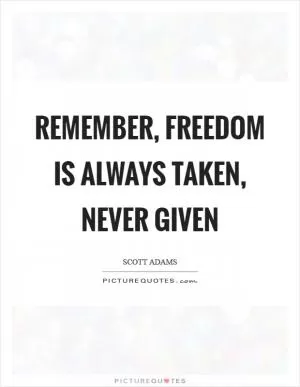
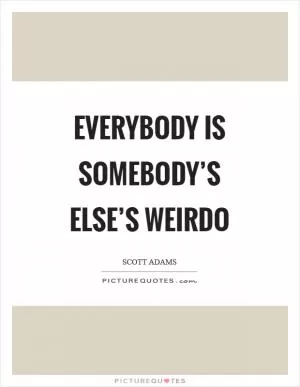

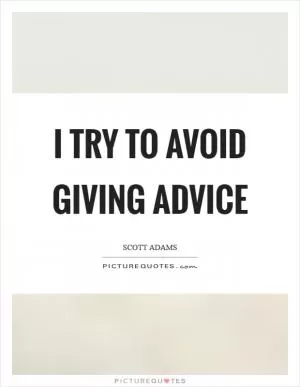
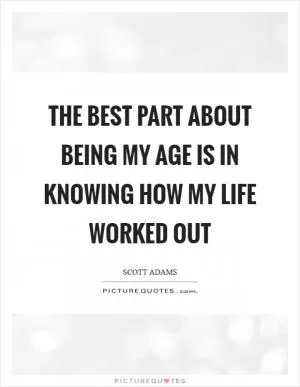



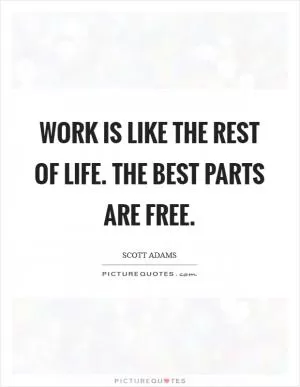
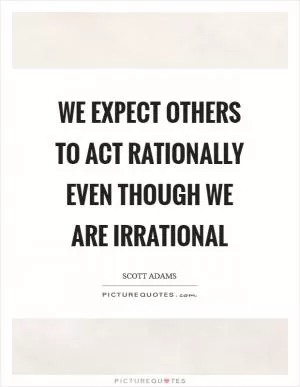
 Friendship Quotes
Friendship Quotes Love Quotes
Love Quotes Life Quotes
Life Quotes Funny Quotes
Funny Quotes Motivational Quotes
Motivational Quotes Inspirational Quotes
Inspirational Quotes